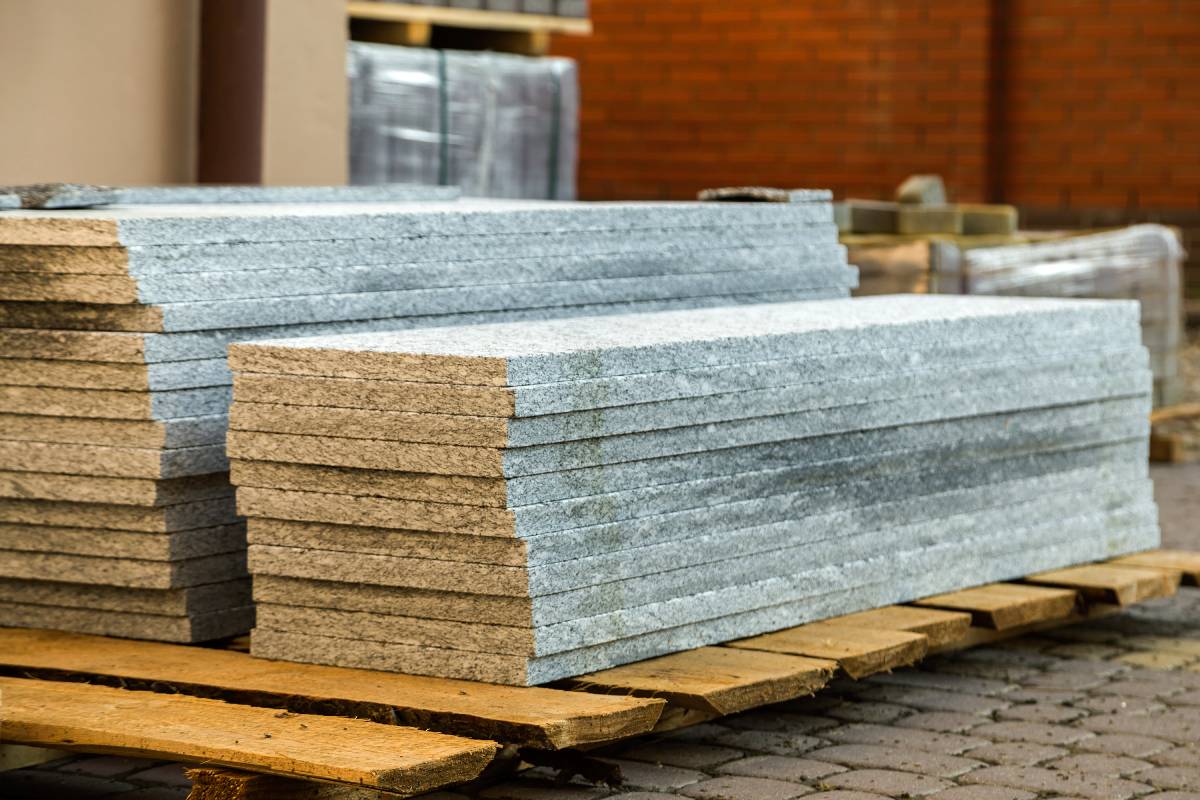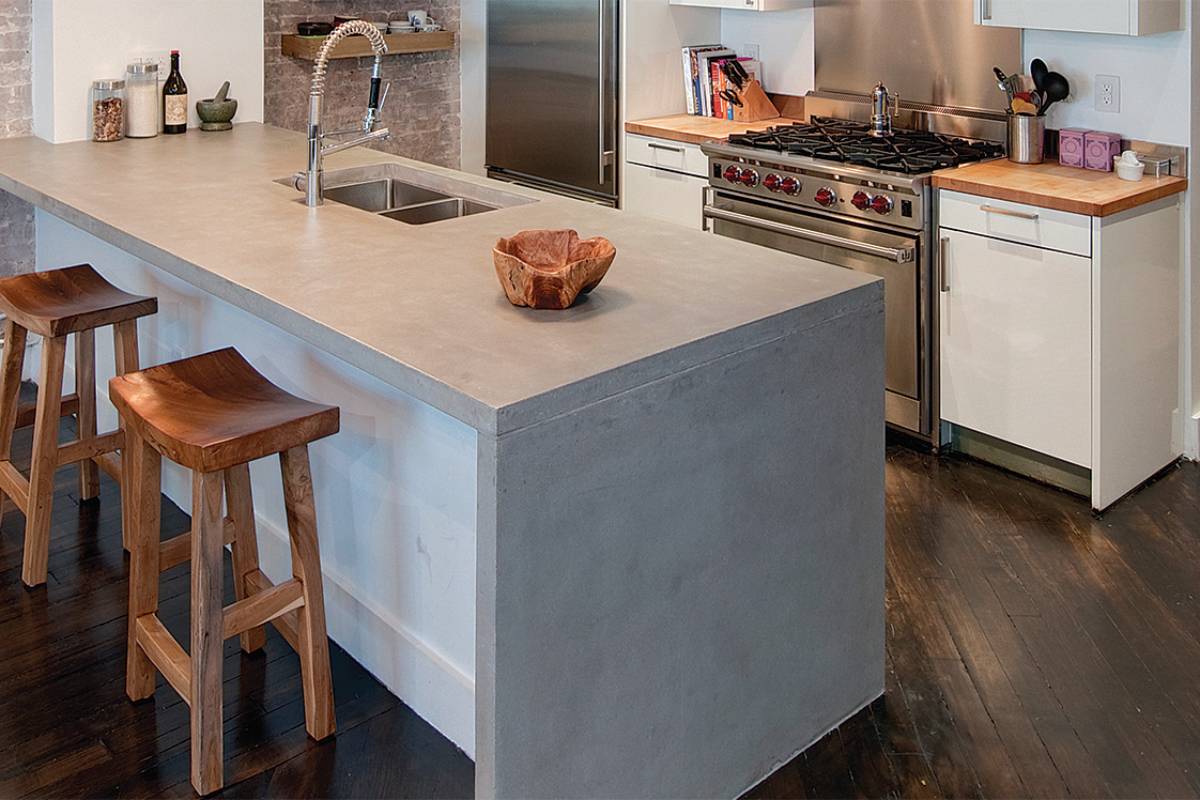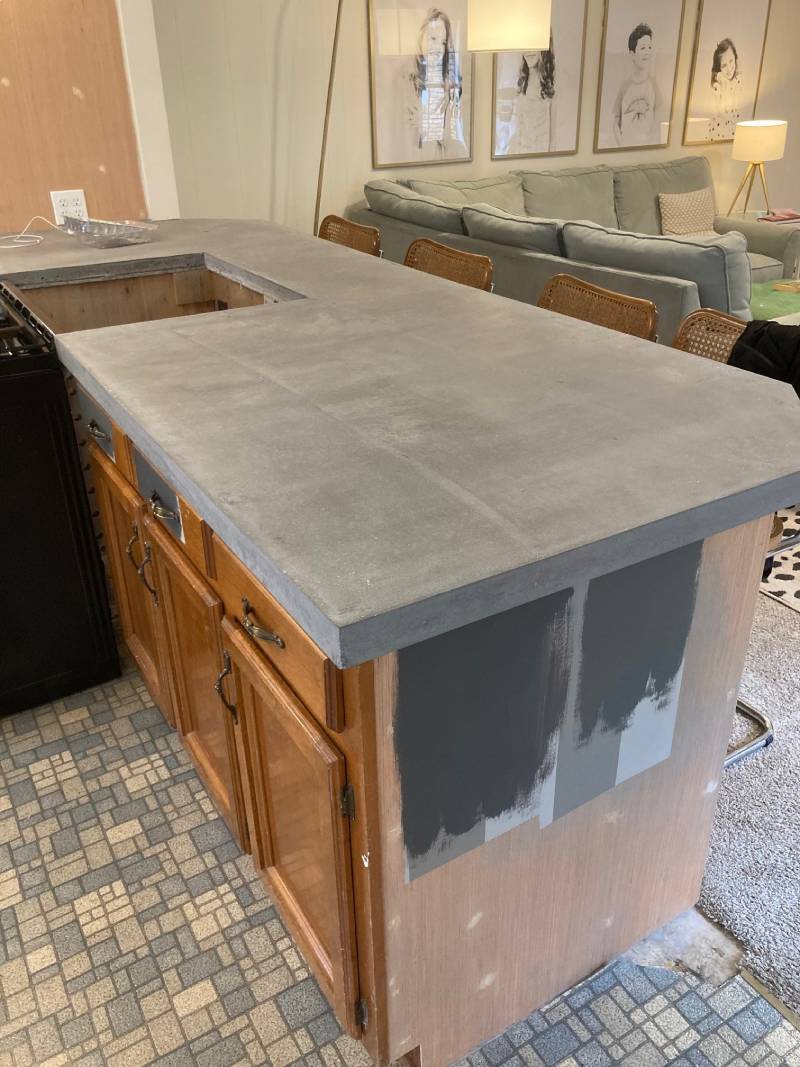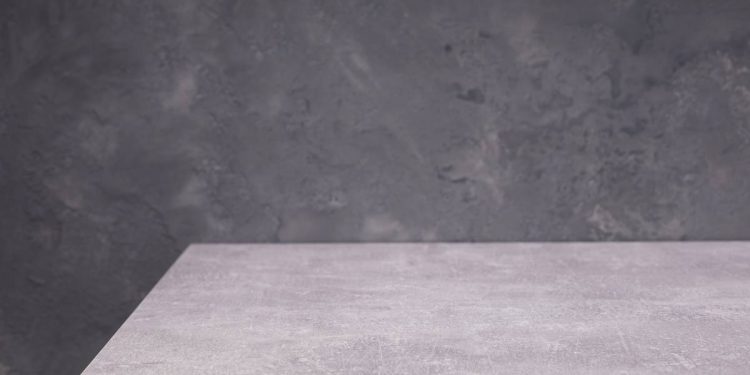Choosing the right countertops for your kitchen or bathroom involves considering many factors. Concrete countertops have become a popular option because they offer a mix of flexibility, personalization, and cost-effectiveness.
In this guide, we’ll explore the upsides and downsides of concrete countertops, helping you understand the key aspects that can influence your decision. Whether you want a stylish and practical choice or need to stick to a budget, knowing the pros and cons will help you make a smart decision that suits your needs.
Related article: Different Types of Chairs and Their Styles
Are concrete countertops cheaper than granite?
Concrete countertops have gained popularity in recent years due to their versatility and customizable nature. One of the key advantages of concrete is that it can be moulded into various shapes and sizes, allowing for creativity in design. However, when it comes to cost, concrete countertops can be more budget-friendly compared to granite.
The primary reason for the cost-effectiveness of concrete countertops is the material itself. Concrete is readily available and doesn’t require extensive mining or transportation, which helps keep costs down. Additionally, the installation process for concrete countertops is generally simpler and quicker, reducing labour costs compared to the intricate installation often required for granite.

Granite, on the other hand, is a natural stone that is known for its durability and timeless beauty. While granite countertops can add a touch of elegance to any space, they tend to be more expensive than concrete. The extraction and processing of granite involve complex procedures, and the weight of granite slabs often requires professional installation, contributing to higher overall costs.
Concrete countertops, when properly sealed and maintained, can last for many years, providing a durable and cost-effective option. Concrete countertops made and installed by professionals cost about $1,000 – $1,800 for the whole kitchen. Granite, being a natural stone, is also durable but may require more maintenance to prevent staining and damage over time. It’s also much more expensive when it can cost $3000-$3500 per slab.
In terms of customization, concrete countertops offer a wide range of possibilities. Pigments can be added to the concrete mix to achieve various colours, and the surface can be polished or textured to suit your aesthetic preferences. Granite, while available in a variety of natural colours and patterns, may have limitations in terms of customization compared to concrete.
Concrete countertops have become a popular choice for homeowners seeking a unique and customizable surface for their kitchens and bathrooms. These countertops offer several advantages that make them a compelling option for those looking to blend durability, design flexibility, and affordability.
1. Customization and Design Flexibility
One of the standout features of concrete countertops is the ability to customize them to match your personal style and preferences. Unlike other materials with limitations, concrete can be moulded into various shapes, sizes, and thicknesses. Additionally, pigments can be added to the concrete mix, allowing for a wide spectrum of colour options. This versatility provides homeowners with the opportunity to create a truly one-of-a-kind countertop that complements their overall design scheme.
2. Durability
Concrete is known for its robust and durable nature. When properly installed and sealed, concrete countertops can withstand daily wear and tear, making them resistant to scratches and dents. With the right maintenance routine, including regular sealing, these countertops can have a long lifespan, offering homeowners a durable and reliable surface that stands the test of time.

3. Affordability
Compared to some other countertop materials like granite or quartz, concrete tends to be more budget-friendly. The raw materials for concrete are widely available, reducing the overall cost of production. Additionally, the installation process for concrete countertops is often less complex, leading to lower labour costs. This affordability makes concrete an attractive option for those looking to achieve a high-end look without breaking the bank.
4. Heat Resistance
Concrete countertops exhibit excellent heat resistance, making them suitable for kitchen environments. They can withstand the direct heat from hot pots and pans without sustaining damage. This characteristic not only adds to their practicality but also ensures that the countertops maintain their aesthetic appeal over time.
5. Unique Aesthetics
The natural and earthy appearance of concrete lends itself to a wide range of design styles. Whether you prefer a modern, industrial look or a more rustic and traditional feel, concrete countertops can be tailored to suit various aesthetics. The inherent variability in concrete’s texture and colour adds a unique and authentic touch to each countertop, enhancing the overall visual appeal of your space.
6. Seamless Integration of Sinks
Concrete countertops allow for the integration of sinks directly into the surface. This seamless design not only looks sleek but also makes cleaning and maintenance more straightforward. It eliminates the raised edges that can accumulate dirt and grime, providing a hygienic and visually pleasing solution.
7. Environmental Friendliness
Concrete is considered an eco-friendly material due to its abundance and the fact that it can be locally sourced, reducing the environmental impact associated with transportation. Additionally, some concrete countertop manufacturers use recycled materials in their production processes, contributing to sustainability efforts.
What are the disadvantages of concrete countertops?
While concrete countertops have gained popularity for their versatility and aesthetic appeal, it’s important to consider potential drawbacks before making a decision. Understanding the disadvantages of concrete countertops will help you make an informed choice based on your lifestyle, preferences, and practical considerations.
1. Porosity and Staining
One significant disadvantage of concrete countertops is their porous nature. If not properly sealed, concrete can absorb liquids, leading to stains from common kitchen substances such as wine, oils, or acidic liquids. Regular sealing is crucial to mitigate this issue, but even with diligent maintenance, some staining may occur over time.
2. Prone to Cracking
Concrete is prone to cracking, particularly if it is not properly installed or if the underlying structure of cabinets experiences movement. Factors such as settling of the building or changes in temperature can contribute to the development of cracks. While some may view minor cracks as part of the natural ageing process, others may find them undesirable.
3. Weight
Concrete countertops are heavy, and not all cabinets are designed to support their weight. Before opting for concrete, it’s essential to ensure that your cabinets can withstand the load. Reinforcement or consultation with a professional installer may be necessary to avoid potential structural issues.
4. Limited Color Options without Additives
While concrete offers a broad range of colour possibilities, the natural grey tone may not suit everyone’s taste. Adding pigments to achieve different colours is an option, but this may incur additional costs. Without additives, concrete tends to default to a standard grey appearance.
5. Initial Curing Time
Concrete countertops require adequate curing time, and during this period, they may be susceptible to damage. It’s crucial to avoid placing heavy objects or applying excessive force during the initial curing phase to prevent cracks or other issues. This can be inconvenient for homeowners who are looking for a quick installation and immediate use of their kitchen or bathroom.
6. Professional Installation Required
Achieving a well-crafted concrete countertop requires professional installation. While there are DIY kits available, the intricacies of working with concrete, including proper mixing, pouring, and finishing, can be challenging for those without experience. Professional installation adds to the overall cost of concrete countertops.
7. Limited Resistance to Impact
While concrete is generally durable, it may not be as resistant to impacts as some other countertop materials. Heavy objects dropped on the surface can potentially cause chipping or cracking, and repairing such damage may require professional assistance.
8. Maintenance Demands
Maintaining concrete countertops requires periodic resealing to protect against stains and water damage. This regular maintenance can be a drawback for those seeking a low-maintenance countertop option. Failure to adhere to the recommended maintenance schedule can lead to accelerated wear and potential issues.
Conclusion
Picking the best countertop material involves weighing the strengths and weaknesses of each option. Concrete countertops stand out for their unique style and durability, making them an appealing choice. As we wrap up, it’s clear that the advantages of concrete, like flexibility and affordability, come with some challenges such as porosity and maintenance.
Whether you go for the artistic appeal of concrete or choose another material, use this guide as a helpful tool in finding the ideal countertop for your home—blending style and practicality seamlessly.












